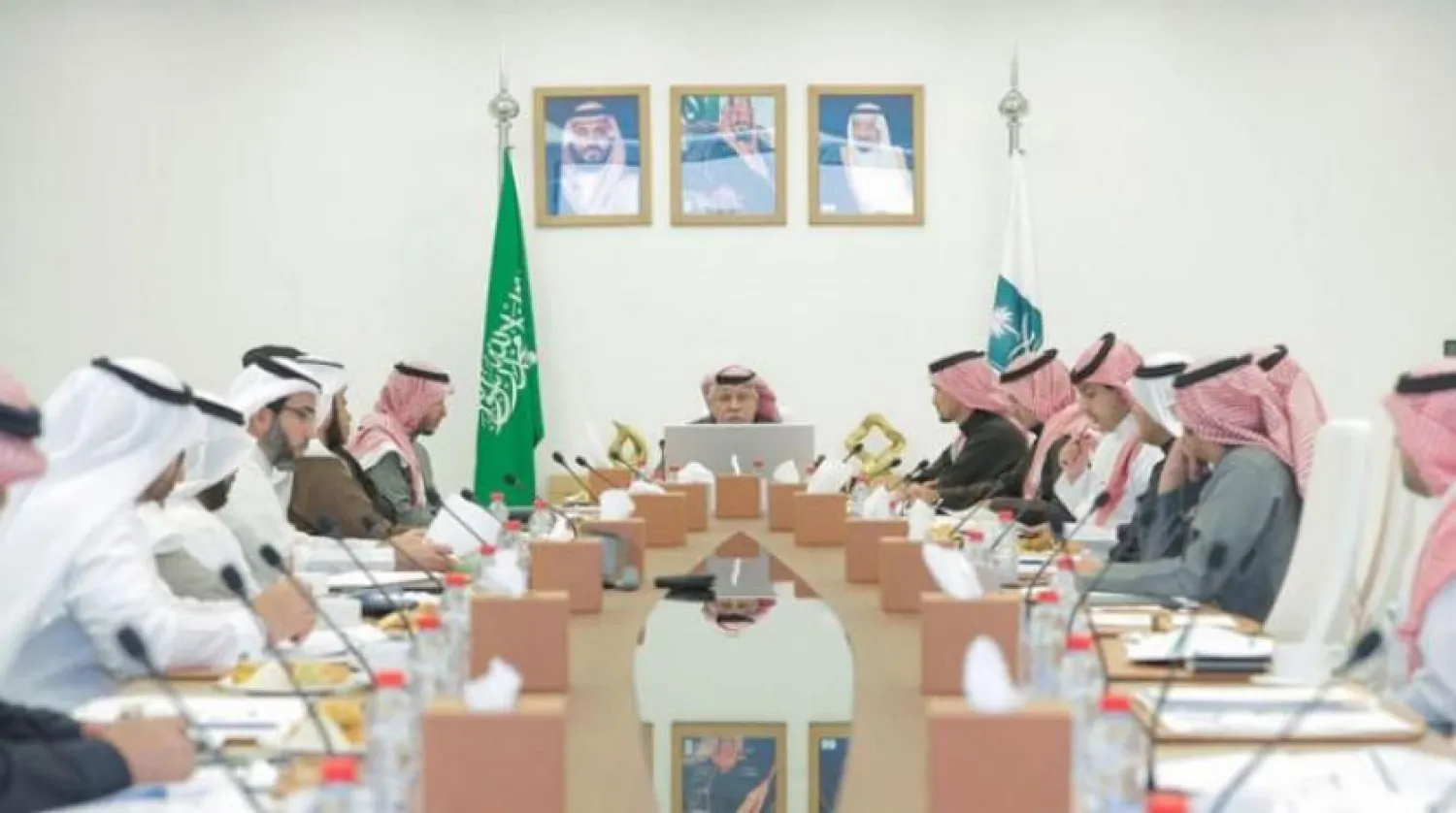As Saudi Arabia begins next Monday to apply the Value Added Tax (VAT), regulators in the trade and consumer protection sectors have prepared to counter any price manipulation or inflate of purchase bills under the pretext of VAT.
The kingdom is willing to apply the lowest value VAT, five percent, and General Authority of Zakat and Tax will be in charge of managing and applying VAT in the country, in cooperation with relevant parties.
In this regards, Consumers Protection Association (CPA) held on Thursday its first meeting, chaired by Commerce and Investment Minister and Chairman of Consumer Protection Standing Committee Majid al-Qasabi.
Qasabi stressed the importance of joining efforts to reinforce consumer protection, coordinating, and conducting preliminary field plans to maintain consumer rights.
The Consumer Protection Standing Committee includes: Ministry of Municipal and Rural Affairs, Ministry of Health, General Authority for Tourism and National Heritage, Ministry of Interior, Ministry of Commerce and Investment, Ministry of Education, Ministry of Transport, Minister of Energy, Industry and Natural Resources, Ministry of Finance, Ministry of Environment, Water and Agriculture, Ministry of Labor and Social Development, General Authority of Zakat and Tax, Electricity & Co-Generation Regulatory Authority, Consumers Protection Association, General Authority for Competition, General Authority for Statistics and Communications and Information Technology Commission.
General Authority of Zakat and Tax underscored that tax-registered establishments should abide by the VAT in their bills in order to increase levels of compliance with the tax. It warned that any un-registered establishment that issues a tax invoice will be fined a maximum of USD26.600.
The authority called on establishments to adopt a clear bill that determines the goods and services excluded from VAT.










